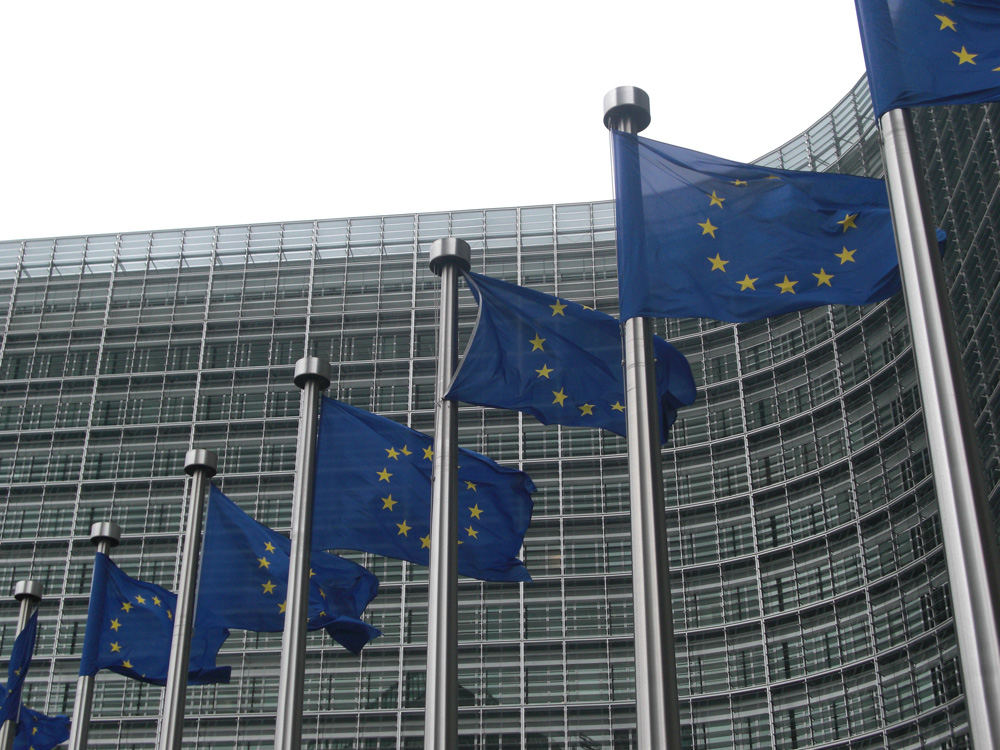Business groups representing thousands of companies with hundreds of billions in revenue have called on Theresa May to set out clear polices and “display the vision, leadership and clarity” needed to build a low carbon economy.
A letter sent to Number 10 calls for the government to bring forward plans to attract the investment needed to grow the UK’s green future. It goes on to claim that the “current moment of change” brought about by Brexit presents a unique opportunity to embed new principles and innovative thinking to reach this goal.
Jill Duggan, director of one of the signatories The Prince of Wales’s Corporate Leaders Group, said: “The government may have a lot on their plate with Brexit negotiations, but answers around how the UK’s economy will evolve and modernise through the next decade are long overdue. Now is the time to display the vision, innovation and leadership needed to help UK industry transition to a low carbon economy.”
The letter also calls for the UK to ensure agreements around continued collaboration on climate issues with the EU are included in the Brexit negotiations. Specifically, it suggests a need to work collaboratively on shared policies, approaches and infrastructure while pooling diplomatic efforts across the bloc.
The signatories, which also include IEMA, UK Green Building Council, techUK, Institutional Investors Group on Climate Change, RenewableUK, and the Environmental Industries Commission, have also added their voice to the chorus of those calling for the publication of the Clean Growth Plan.
This will set out how the government plans to meet the demands of the fifth carbon budget and has been delayed for over a year. Newly appointed climate change minister Claire Perry said last month the plan would be published once ministers return from the summer recess in September.
The fundamental approach of the signatories is based on recent findings by the Committee on Climate Change highlighting that emissions in the UK have fallen by 42% since 1990 whilst GDP grew by over 65%; dispelling the myth that acting on climate change is detrimental to the economy.
Matthew Farrow, executive director of EIC, said: “The low carbon and environmental protection sectors contain world class clusters of firms, innovation, huge export potential and create jobs across the UK. They also help deliver the Governments objectives around housing and infrastructure, and should be a key part of the Industrial Strategy.”
Aside from the Climate Change Act, described by former climate change minister Nick Hurd as the “guiding star” of UK climate legislation, the majority of existing regulations are set at an EU level. It is not yet known how environmental concerns will play into the negotiations around the UK’s exit from the union.
However an early EU response to the triggering of article 50 stated: “Any future agreement between the European Union and the United Kingdom is conditional on the United Kingdom’s continued adherence to the standards provided by the Union’s legislation and policies, in among others the fields of environment, climate change.”





